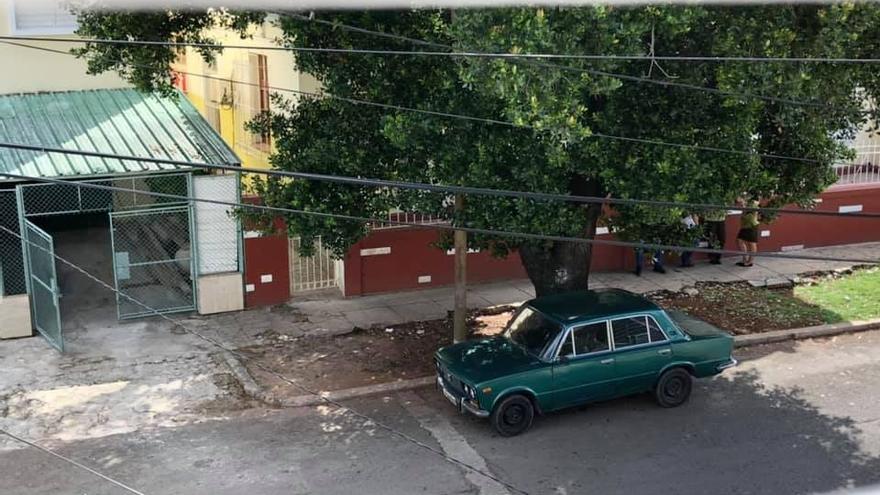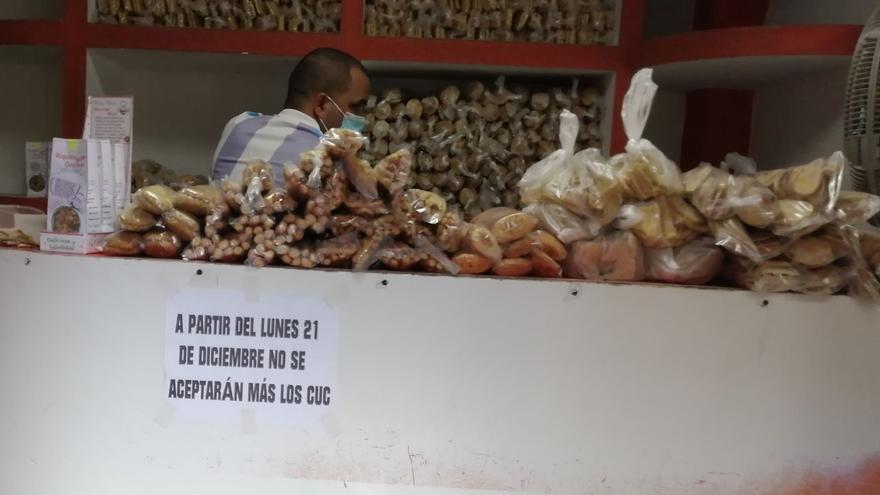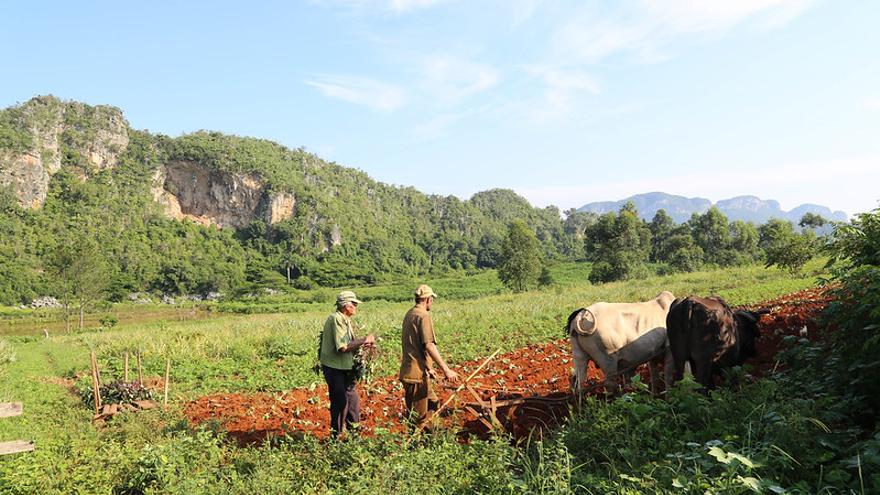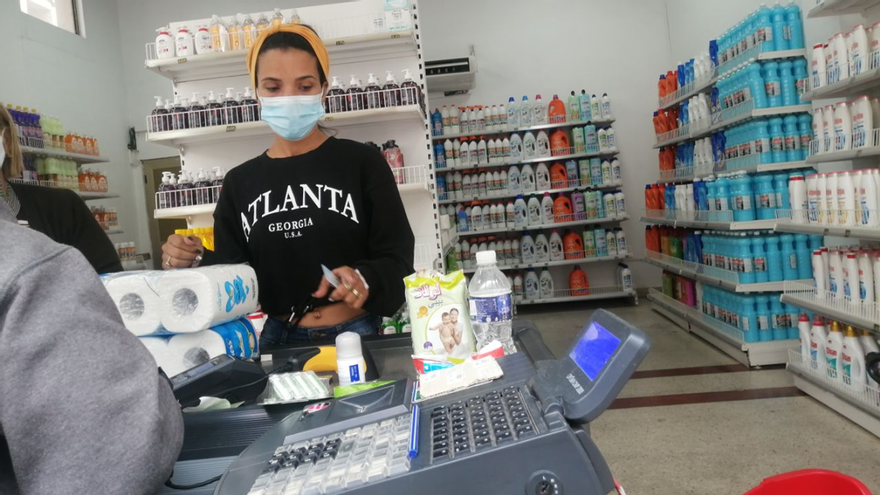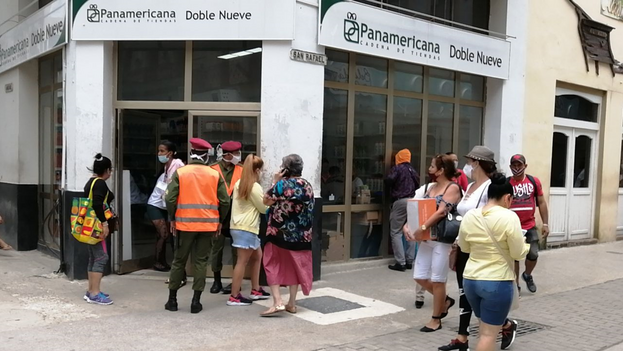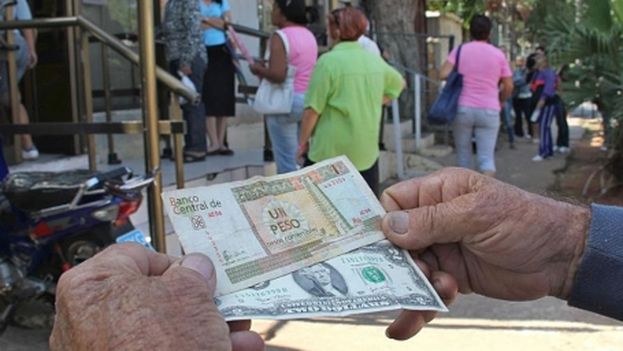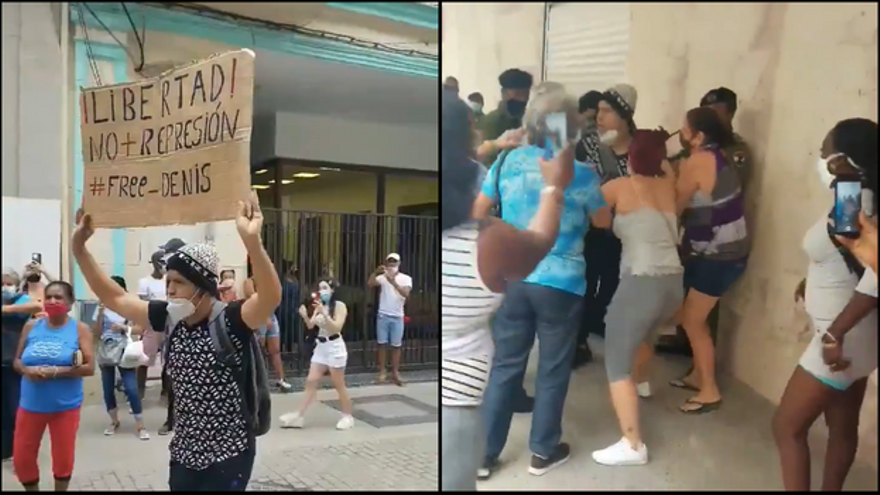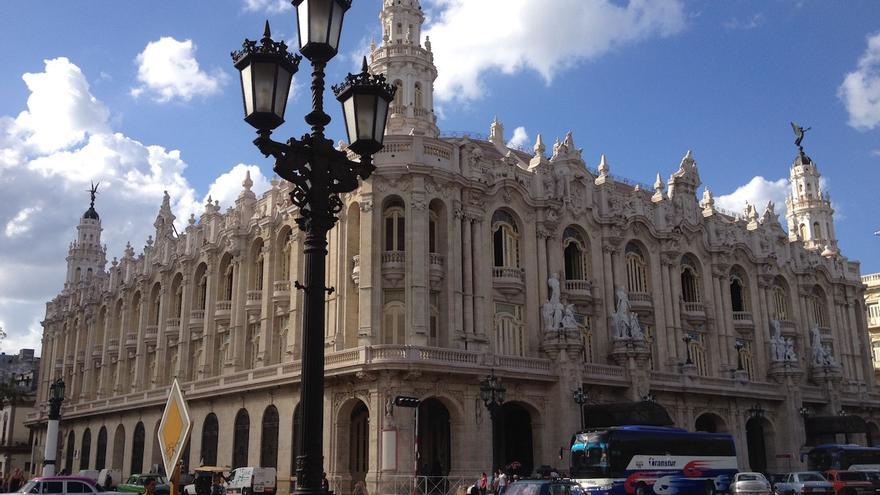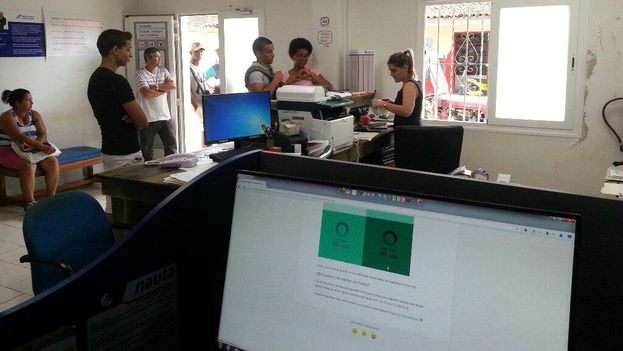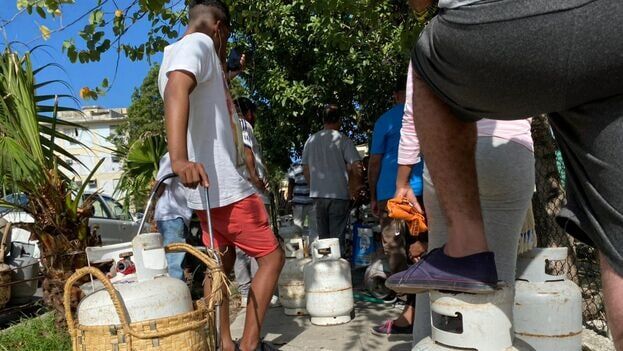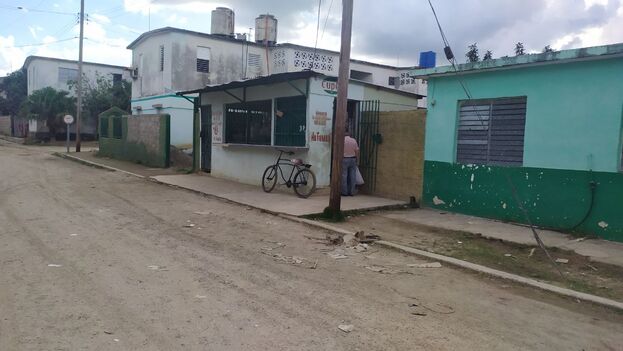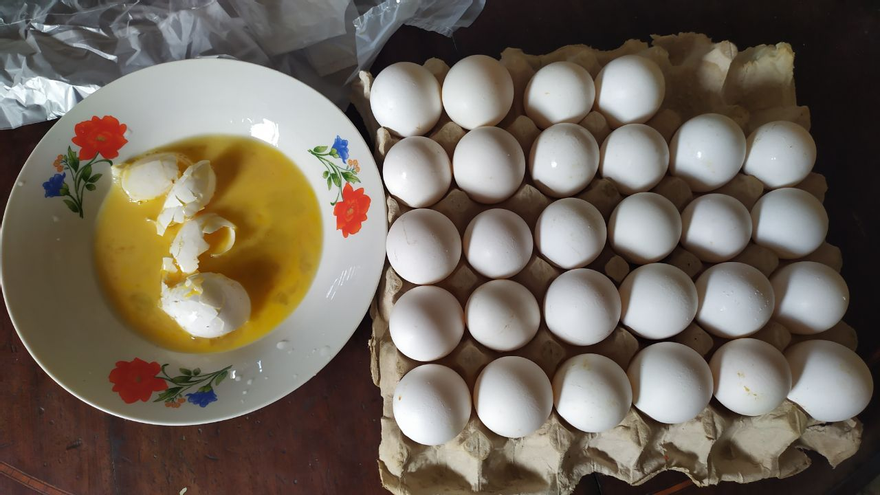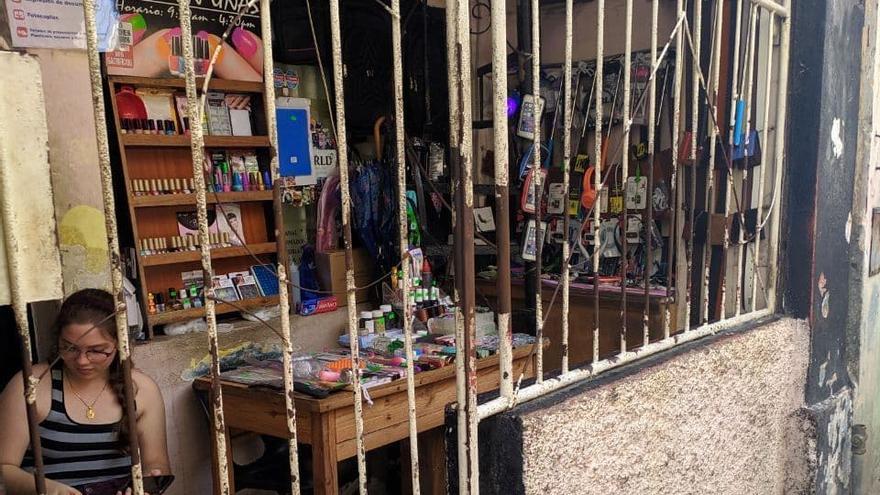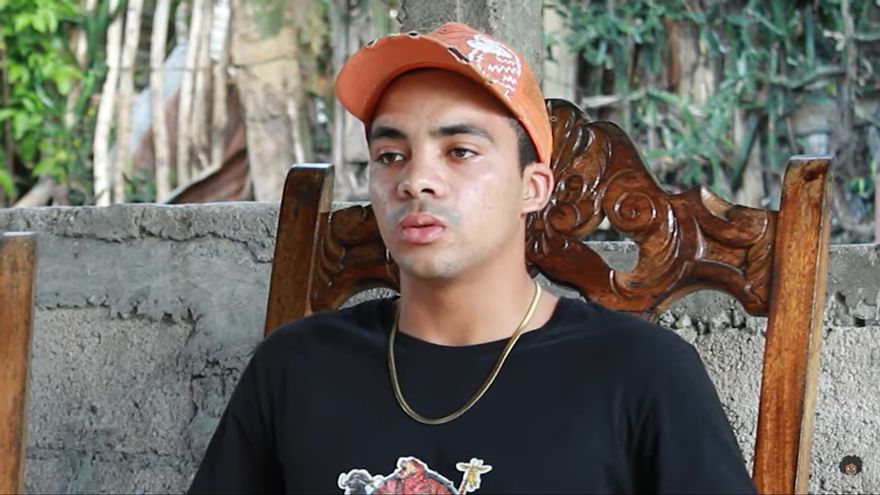
![]() 14ymedio, Havana, 21 December 2020 — Oscar Kendri Fial Echavarría, 19, will be tried this Tuesday in Santiago de Cuba, accused of “disobedience” for not enlisting in the Active Military Service (SMA). The young man claims that carrying and using weapons goes against his religious principles as a Christian.
14ymedio, Havana, 21 December 2020 — Oscar Kendri Fial Echavarría, 19, will be tried this Tuesday in Santiago de Cuba, accused of “disobedience” for not enlisting in the Active Military Service (SMA). The young man claims that carrying and using weapons goes against his religious principles as a Christian.
“The sector chief brought a summons to my house. He came in and started talking loudly and saying that if I didn’t show up, he was going to put me in jail. I told him that I couldn’t do military service because of my principles as a Christian,” Fial Echavarría told Youtuber Ruhama Fernández.
The young man, a resident of the Contramaestre municipality in the province of Santiago de Cuba, had his first encounter with the police on December 11 when he was summoned and then detained for almost 24 hours. To be released, his family had to pay a bail of 1,000 Cuban pesos. continue reading
Regarding his arrest, the man from Santiago said that they made him sign a paper without knowing what it said. In addition, he spoke of the harassment and offenses of the head of the sector, whom he denounced to the ombudsman of the Ministry of the Interior. According to his account, the policeman was reprimanded.
“If we must respect all the laws as we do, they must also respect the principles of my son,” said the young man’s father during a video recorded by Youtuber Ruhama Fernández, denouncing that his son has been harassed on several occasions for his decision .
Fial Echavarría was called for the oral hearing of the trial this December 22 at 8:00 am, as recorded in the official summons that the Ministry of the Interior gave him.
Cuba is one of the thirty countries that maintain compulsory military service. Despite being criticized for their harshness, the authorities have not accepted the professionalization of the military on the grounds that there are limited resources to financially stimulate recruitment.
In October, activist Osmel Rubio Santos was detained for several hours by State Security, a few days after he declared himself a conscientious objector and refused to enlist in the Service. Rubió delivered a letter to the Cotorro Military Committee refusing to enlist. In the document, he explained that he was against taking up arms to defend the communist regime, and that he would only use them to “overthrow the Cuban dictatorship.”
To evade the Service, many young people have attempted for years to inflict some damage on themselves as a way to be declared unfit and also avoid sanction by the Military Prosecutor’s Office. However, in December 2019 that mechanism came to an end because the Government ruled that self-harm would be considered a crime of evasion of military service obligations and would be punished by criminal sanctions.
____________
COLLABORATE WITH OUR WORK: The 14ymedio team is committed to practicing serious journalism that reflects Cuba’s reality in all its depth. Thank you for joining us on this long journey. We invite you to continue supporting us by becoming a member of 14ymedio now. Together we can continue transforming journalism in Cuba.

